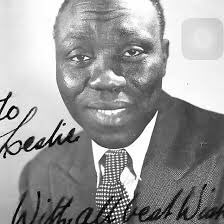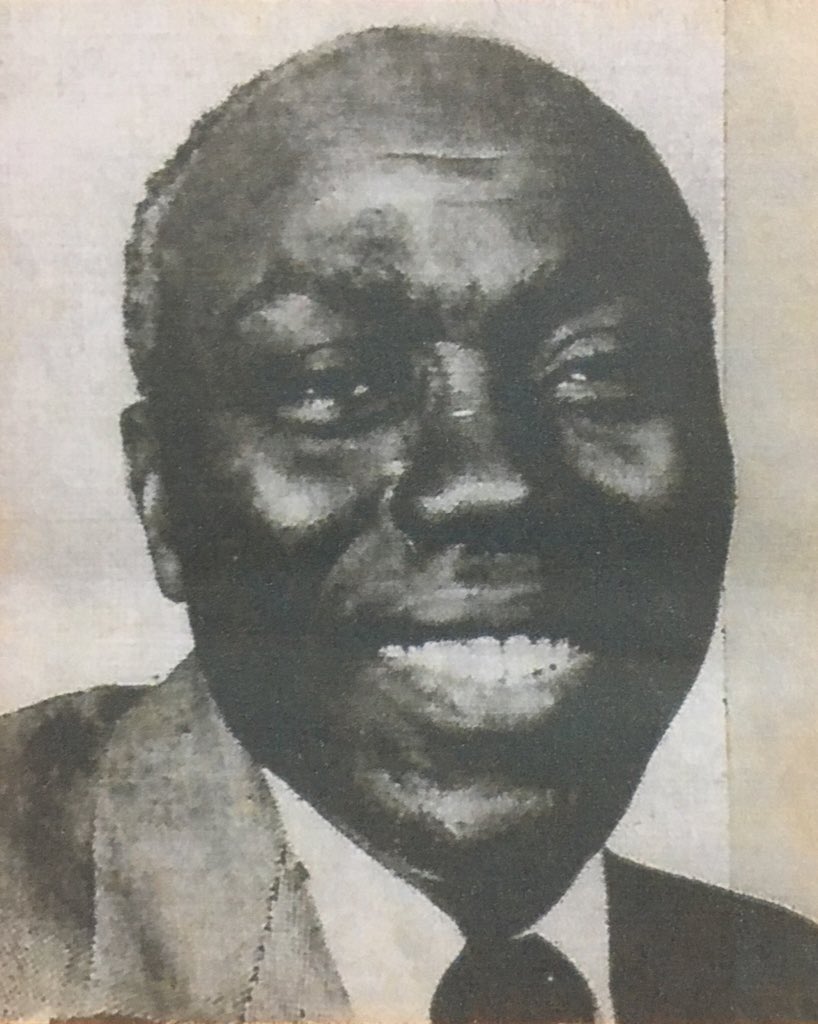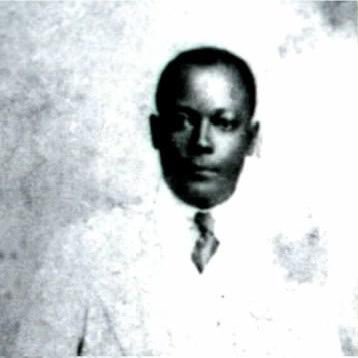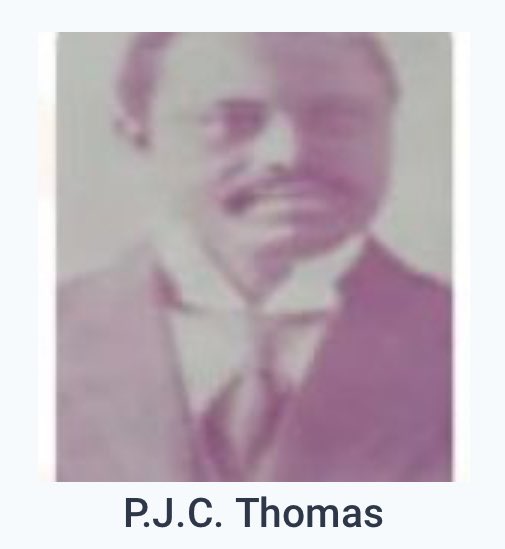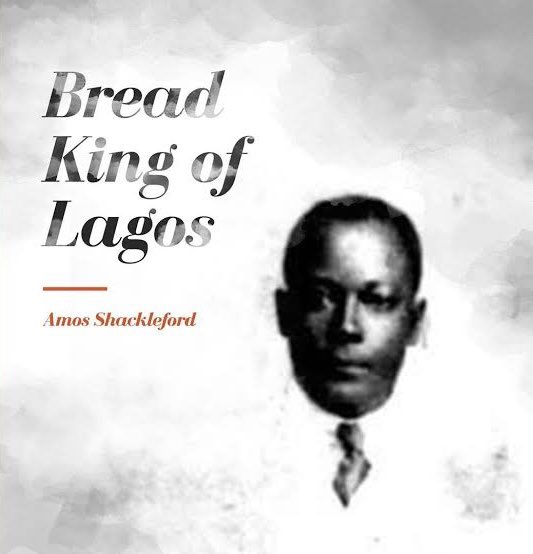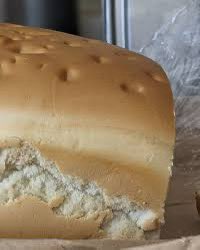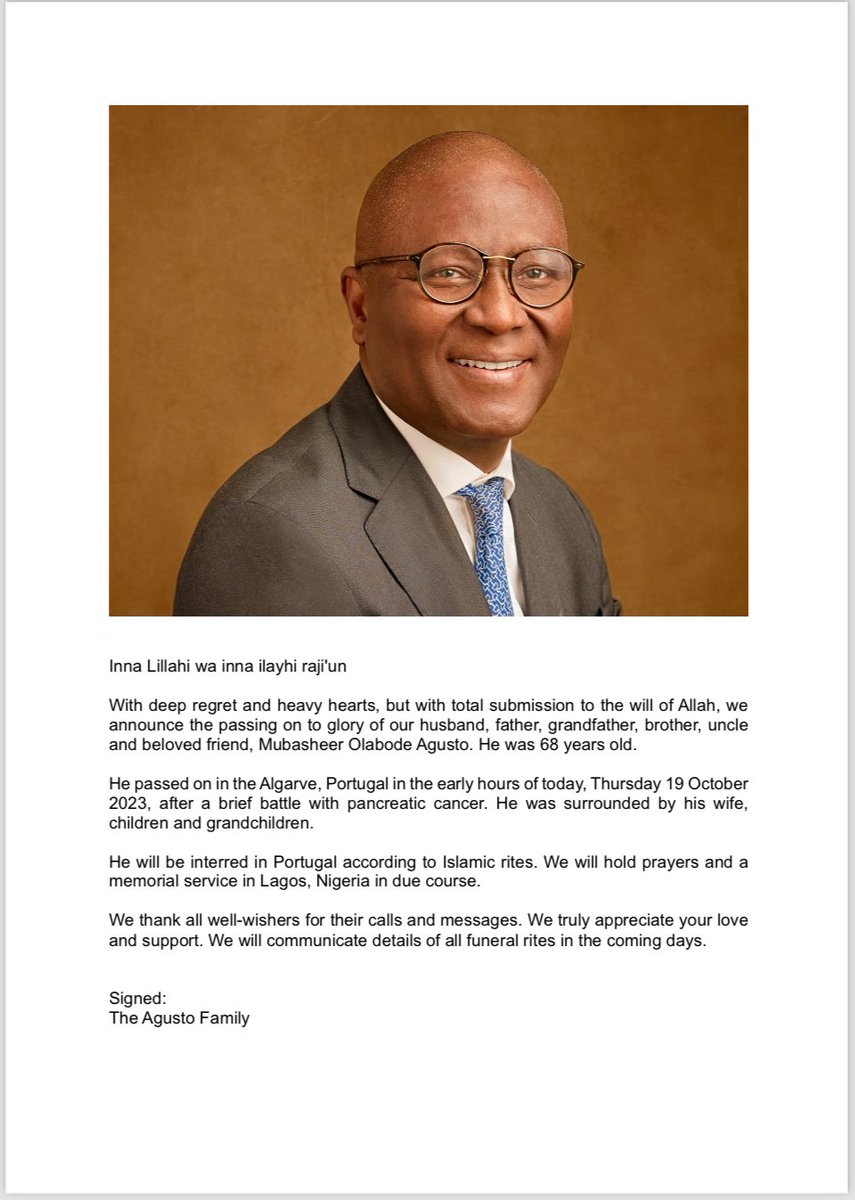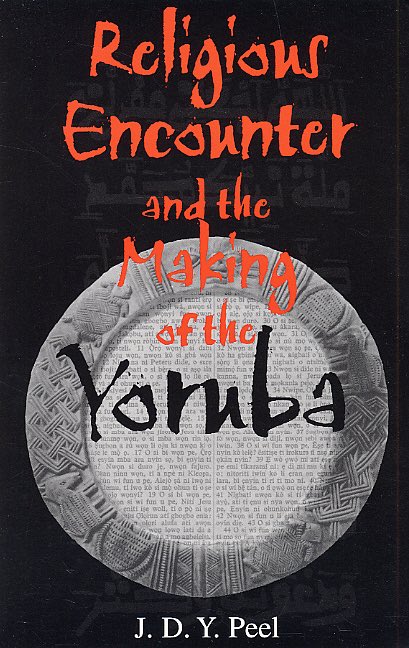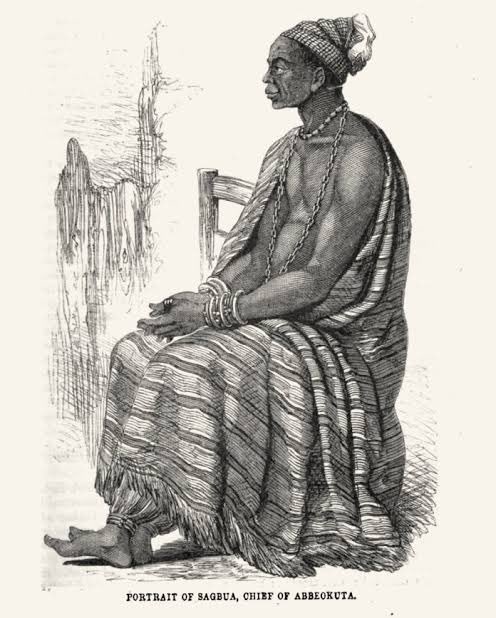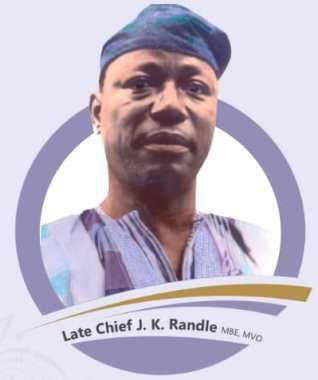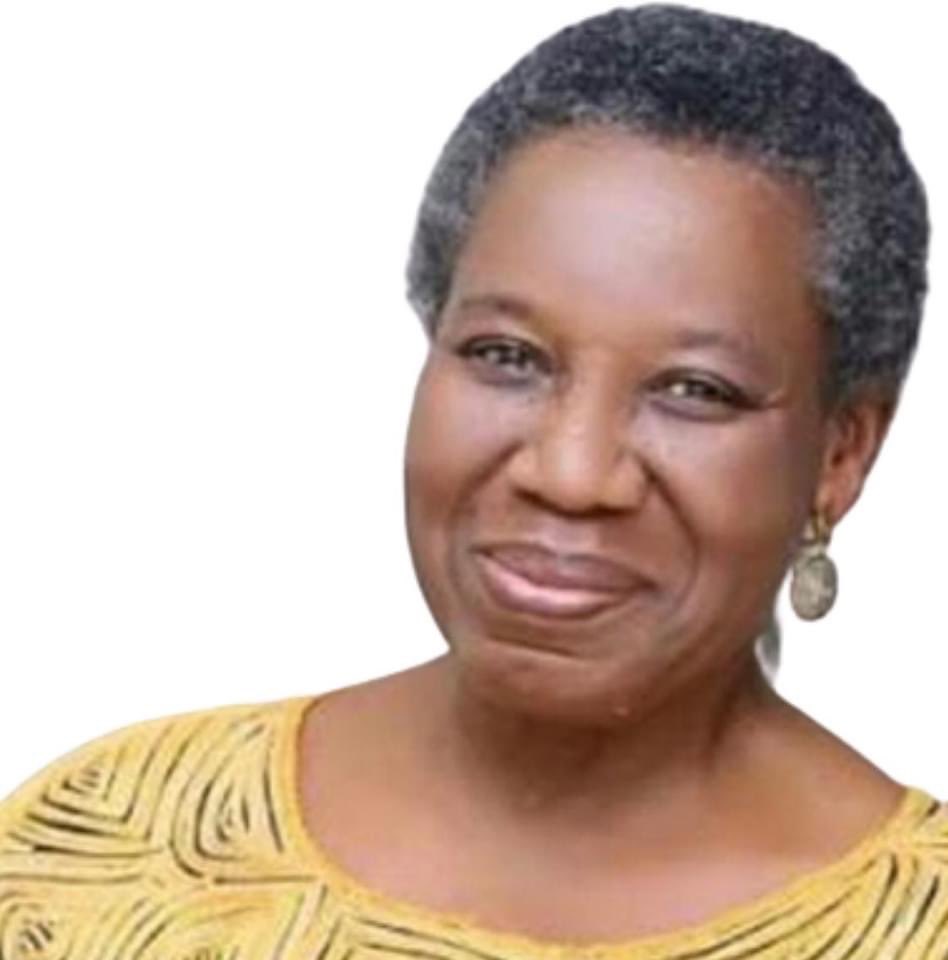Pa Orlando Martins
1899–1985
Celebrated film and stage actor.
He was born in Oke-Suna Street, Lagos to Emmanuel Akinola Martins a Clerk in the marine department of PWD, & his wife Madam Paula Idowu Soares, a trader and clothes launderer.
1899–1985
Celebrated film and stage actor.
He was born in Oke-Suna Street, Lagos to Emmanuel Akinola Martins a Clerk in the marine department of PWD, & his wife Madam Paula Idowu Soares, a trader and clothes launderer.
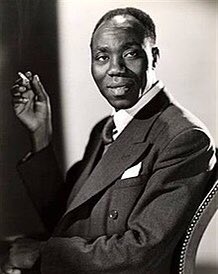
His mother, Madam Paula Soares highlighted, in a family photo with his father’s younger brother and three of his sisters, taken in the mid ‘20s while he was in England. His father had died at this time. 

His paternal great-grandfather, a freed Brazilian slave returnee, was a wood seller who was said to have lived to the age of 120. Orlando knew him as a child & used to call him Papai.
Orlando Martins was actually born Emmanuel Alhamdu Martins. Alhamdu, a shortened form of Alhamdu-li-lai, ‘Thank God’ in Arabic, and a common phrase in Islamic culture, was probably a concession to his Moslem Nupe paternal grandmother.
He was admitted into Eko Boys High School in 1913. There he was given the nickname, Orlando Frigado, from where he got his adopted name, Orlando!
His father resented this name, and would often say he had no son called Orlando.
But it stuck, anyway.
His father resented this name, and would often say he had no son called Orlando.
But it stuck, anyway.

He eventually dropped out after a few years and began to do some odd jobs.
At the end of WWI, he found his way to London between 1918 & 1919 as a deck-boy on a ship. With no job in London, he eventually got a job at the Lyceum Theater as a stage hand for three shillings a day.
At the end of WWI, he found his way to London between 1918 & 1919 as a deck-boy on a ship. With no job in London, he eventually got a job at the Lyceum Theater as a stage hand for three shillings a day.

By the 1930s he was beginning to get more significant roles and by 1935, got a role with Paul Robeson, the legendary black American actor, baritone and civil rights activist, in the film Sanders and the River, which also had Jomo Kenyatta founding father of the Kenyan nation. 

By 1948, he had become something of a celebrity of Hollywood B movies.
In 1949, he played a bit part with Ronald Reagan, who was later to become 40th American president, in a film titled The Hasty Heart. The role was an unflattering typecast of a bumbling African, named Blossom.
In 1949, he played a bit part with Ronald Reagan, who was later to become 40th American president, in a film titled The Hasty Heart. The role was an unflattering typecast of a bumbling African, named Blossom.
He also starred in several stage plays including an adaptation of Alan Paton’s Cry The Beloved Country.
He returned home to Nigeria at the age of 60 in 1959 but he still got a few foreign roles in the ‘60s. In 1970, he featured in Wole Soyinka’s film, Kongi’s Harvest. His last film role was as Obierika in the film adaptation of Chinua Achebe’s Things Fall Apart in 1971. 



In 1982, Pa Orlando received Nigeria’s national award of Membership of the Order of the Niger (MON). He was an advisory member of Lagos State Arts Council, till his death.
In all, he had more than 20 movie roles to his credit.
In all, he had more than 20 movie roles to his credit.

He died in 1985 at the age of 85, and his body lies buried in Ikoyi Cemetery.
*There’s a now rare biography of him published in 1983, written by Takiu Folami, titled, Orlando Martins, the Legend: an intimate biography of the first world acclaimed African film actor.
*There’s a now rare biography of him published in 1983, written by Takiu Folami, titled, Orlando Martins, the Legend: an intimate biography of the first world acclaimed African film actor.

Just discovered a blog and Twitter handle dedicated to Pa Martins, providing full autobiographical information.
@ThePaOrlando
orlandomartins1899.wordpress.com
@ThePaOrlando
orlandomartins1899.wordpress.com
• • •
Missing some Tweet in this thread? You can try to
force a refresh


